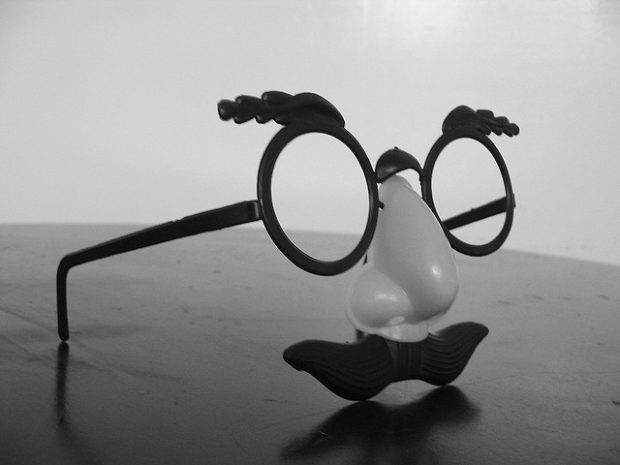
If you’ve ever felt like your personal successes are most likely attributed to luck, acts of fate, or your own ability to dupe those around you into thinking you know what you doing (when, in fact, you do not), you’re not alone: impostor syndrome is real, and it’s really common.
In spite of the fact that it seems to be pretty on the bubble at the moment (the Google trends report alone paints this portrait, though it was a 2008 New York Times piece which introduced a lot of people to this term), impostor syndrome isn’t born of the era of new media and other digital methods of deception. It was first named in the 1978 by Pauline Rose Clance & Suzanne Imes, in a paper entitled “The Imposter Phenomenon in High Achieving Women: Dynamics and Therapeutic Intervention.”
At the time, the research focused specifically on women — who, to this day, suffer more acutely — though in subsequent studies, impostor syndrome, which has come to be applied to anyone who feels like they’re fooling everyone around, has clearly been found among individuals of all genders.
This feeling that you’re distinctly unqualified for the work you’re doing isn’t something you’re born with; it’s the result of conditioning, the studies found. If you feel this way, it is because you have been made to feel this way. It’s probably because, along the way, outside forces have convinced you that there are two types of people: Experts and non-experts. And you are a non-expert.
But the only real difference between an expert and a non-expert is work — you have to put in the work to gain the insight to be considered an expert — and the ability to tell your inner fraud to be quiet just long enough to actually achieve something.
Because really, what makes a person an expert other than the fact that they have declared themselves to be one?
Which is where the heart of overcoming impostor syndrome lies: In your own ability to go through the motions, to continue to do the work, until both you and everyone around you is convinced that you are, in fact, capable.
This doesn’t mean never admitting defeat, or pretending to possess skills or insight that you don’t have. If you truly don’t know something, it’s best to ask after it, rather than pretend until you’re discovered to actually have been fraudulently representing your ability. That said, when you are qualified — when you do really know what you’re doing — the best way to convince yourself and others that you’re capable, that you deserve a seat at the table, is to just keep doing it. Keep showing up. Keep putting in the work. And above all, keep learning.
Education is another great path out of impostor syndrome; whether it’s on-the-job training, adult education, or just reading voraciously, feeling “qualified” is often usually rooted in feeling education or in-the-know. The more you can learn, the more proficient you’ll come to feel.
Interestingly, though impostor syndrome can feel exceptionally alienating, its prevalence can also be one of its greatest downfalls. Though you may feel like you’re the only one who’s experienced it, that’s statistically untrue. When you feel like your success or your achievements are the result of some outside force — a fluke, a misunderstand, an act of God — remember that those around you may feel similarly, and that everyone’s successes and achievements are the result of a confluence of hard work and the occasional stroke of good fortune.


